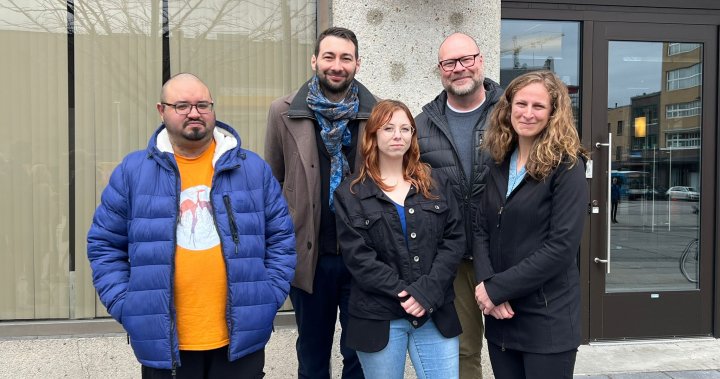A recent study conducted by the Chaire-Réseau de Recherche sur la Jeunesse du Québec revealed that individuals who grew up in Quebec’s youth protection system are less likely to pursue education and secure stable employment as adults. The study found that one-third of those who were in the system are neither in school nor employed by the time they reach 21 years old. One individual, Esteban Torres, shared his traumatic experience of growing up under government care, likening it to a jail system. He struggled to concentrate on his studies amidst the chaos and lack of support, making it difficult for him to find a job after aging out of the system without a high school diploma.
The study also highlighted the stark differences in educational attainment between individuals who have been in youth protection and the general population. Only 37 percent of those in the system obtain their high school diploma by the age of 21, compared to 86 percent of the general population. Nancy Audet, who successfully obtained a university degree after aging out of the system, emphasized the importance of providing resources and support to help these individuals reach their full potential. Québec solidaire MNAs Christine Labrie and Guillaume Cliche-Rivard proposed a new bill that would allow all elected officials to visit youth protection facilities, as currently only government ministers are permitted to do so. This access could help identify ways to improve the living conditions and overall well-being of those in the system.
Despite the challenges they faced, individuals like Esteban Torres are determined to overcome their circumstances. Torres is currently studying to become a pharmacist assistant, demonstrating resilience and perseverance in pursuing his goals. The proposed legislation by Québec solidaire MNAs aims to address the lack of support and resources for youth in the protection system, with the ultimate goal of improving their outcomes and opportunities for success. The government spokesperson for Social Services Minister Lionel Carmant expressed agreement with the need for MNAs to have access to youth protection facilities, but also emphasized the importance of confidentiality and protection for the young people involved.
The findings of the study shed light on the difficulties faced by individuals who have grown up in Quebec’s youth protection system, illustrating the systemic challenges that hinder their educational and employment opportunities. Lack of support and resources contribute to low educational attainment and limited job prospects for these individuals, highlighting the need for interventions and policy changes to improve their outcomes. By advocating for increased access to youth protection facilities and providing additional support for those in the system, policymakers and advocates aim to create a more supportive environment for these vulnerable youth to reach their full potential and lead successful lives. The stories of resilience and determination from individuals like Esteban Torres serve as a reminder of the importance of addressing the systemic issues that impact the future prospects of those who have experienced the youth protection system.


